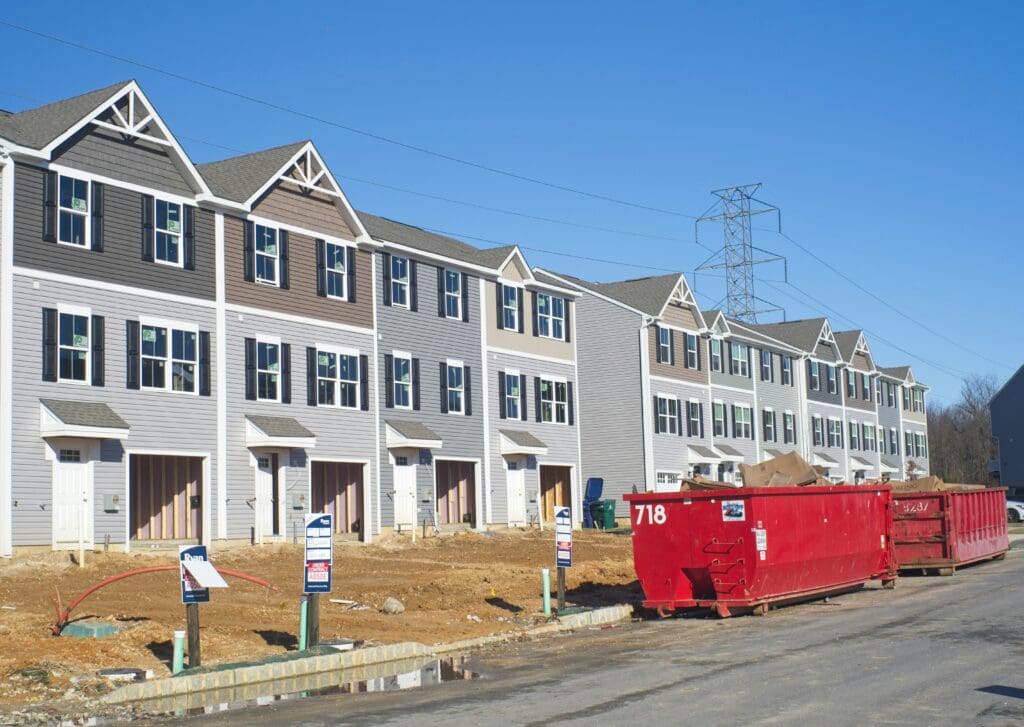New Jersey’s Department of Community Affairs has released new affordable housing targets, outlining how many low-priced homes each municipality must develop by 2035. The plan, which requires a total of 84,698 new affordable units, has ignited political and legal disputes, with several towns already preparing to challenge the mandates.
The housing numbers, based on the Mount Laurel Doctrine—a 40-year-old state Supreme Court decision—require each town to contribute to affordable housing. Gov. Phil Murphy praised the agency for meeting the deadline set by a new law passed earlier this year, stating the law would benefit families across the state. The law calls for both “present need,” the renovation of substandard housing, and “prospective need,” the creation of new units.
While some towns have embraced the targets, others are pushing back. A coalition of 23 municipalities, led by Montvale Mayor Mike Ghassali, is suing to overturn the law, arguing it places an undue burden on local budgets, infrastructure, and services. Montvale’s target is 348 units, more than double the statewide average. Ghassali claims the state’s methodology is unfair and unsustainable.
In contrast, other municipalities, like South Brunswick, have already reached agreements with housing advocates. South Brunswick officials agreed to clear the way for more than 1,500 affordable homes over the next decade, making it the first town to commit to meeting the new targets.
Housing advocates, such as the Fair Share Housing Center, hope that towns will focus on complying with the law rather than pursuing litigation. However, skepticism remains. Jeffrey Surenian, a lawyer representing 80 municipalities in housing matters, described the state’s new targets as “excessive,” claiming they fail to account for local conditions, such as land availability and market capacity.
Towns must decide by January 2025 whether to accept the state’s numbers or propose their own. Legal challenges must be filed by February, and plans are due by June 2025. As the debate continues, it is clear that affordable housing will remain a contentious issue across New Jersey for years to come.
The New Jersey Digest is a new jersey magazine that has chronicled daily life in the Garden State for over 10 years.
- Staffhttps://thedigestonline.com/author/thedigeststaff/
- Staffhttps://thedigestonline.com/author/thedigeststaff/
- Staffhttps://thedigestonline.com/author/thedigeststaff/
- Staffhttps://thedigestonline.com/author/thedigeststaff/


